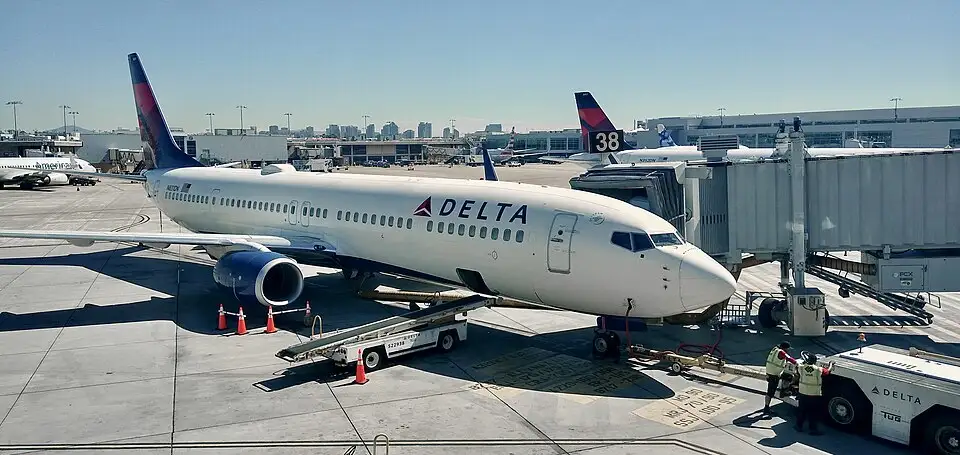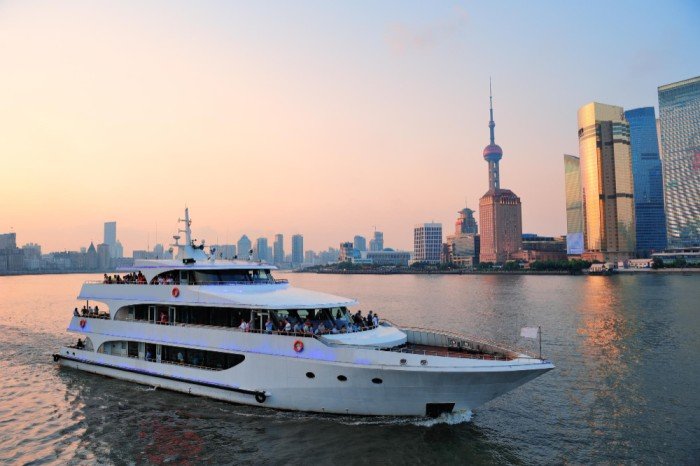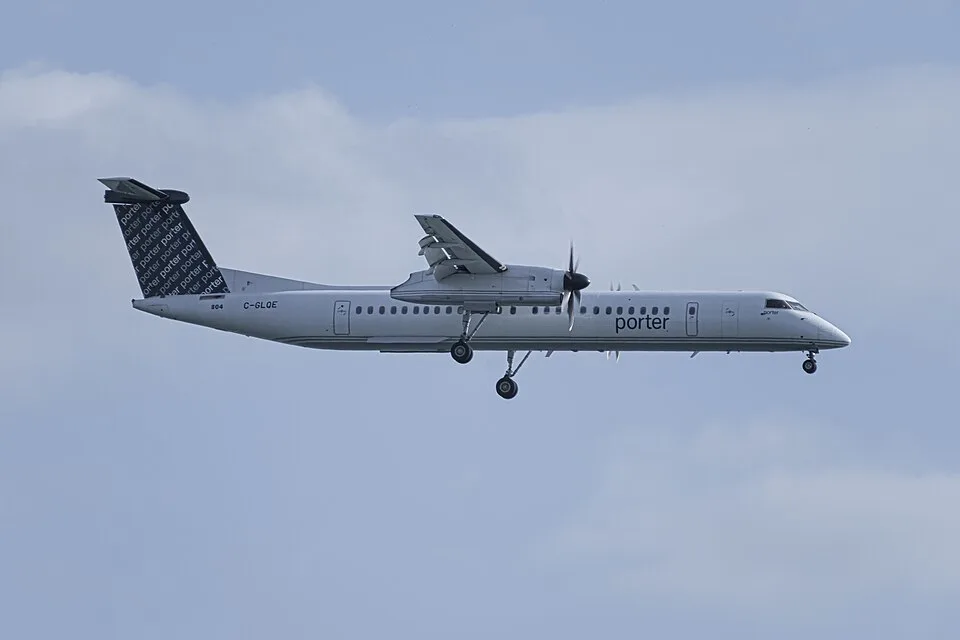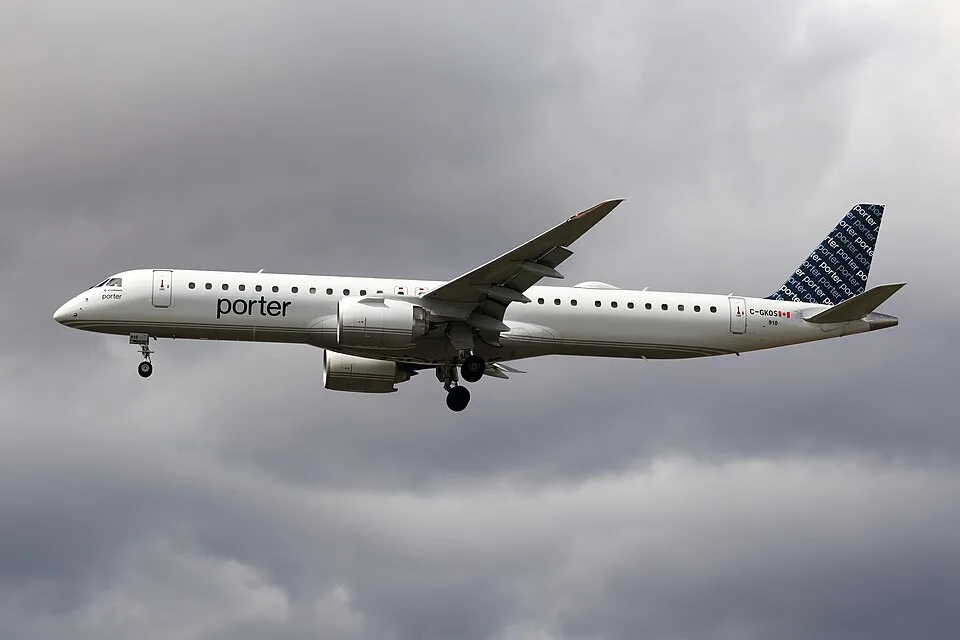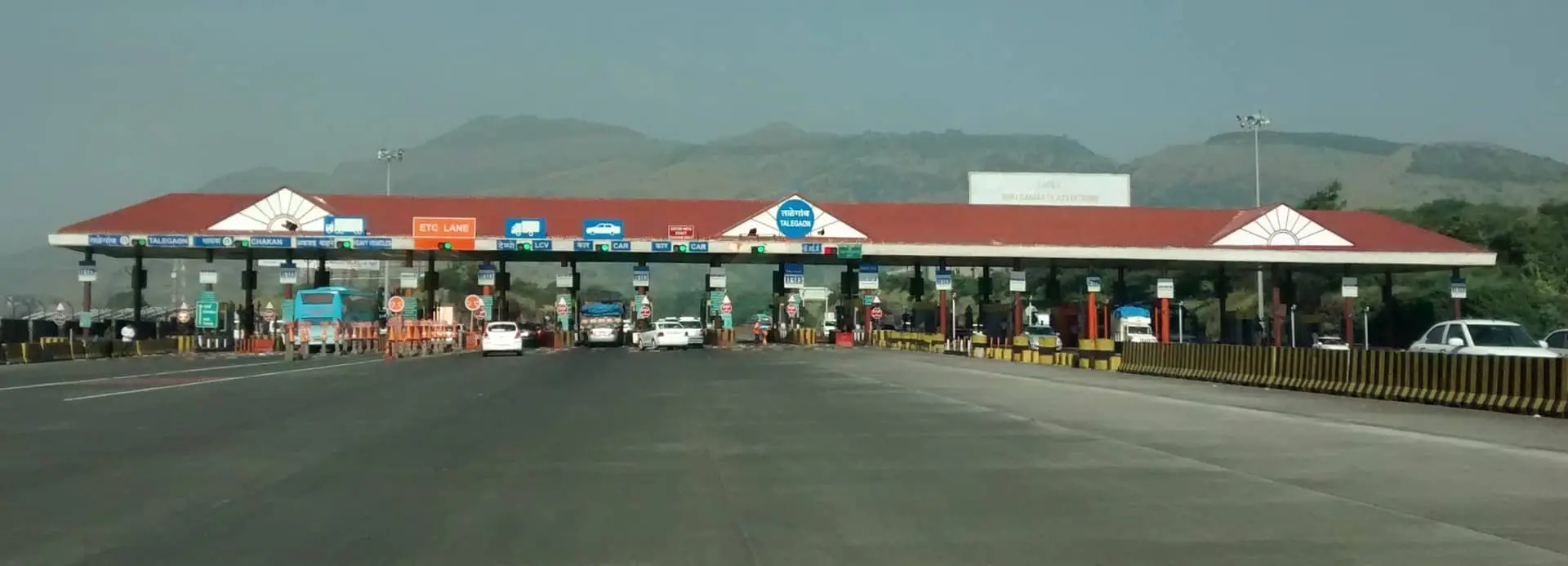Secure VIP Transportation in War-Affected Areas: A Critical Necessity
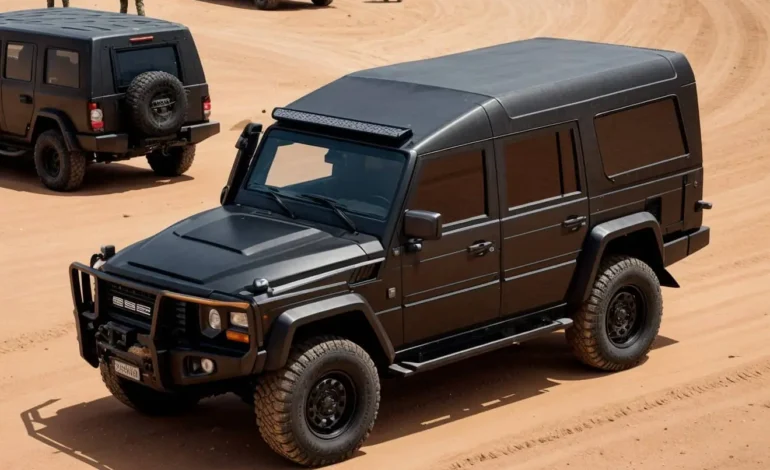
In regions ravaged by conflict, the safety and security of VIPs (Very Important Persons) become paramount. These individuals, often political leaders, military commanders, or humanitarian workers, hold significant influence and are frequent targets of attacks. Secure VIP transportation is not merely a luxury but a vital necessity to protect these individuals and ensure the continuity of essential operations.
In many cases, businessmen, artists, Government officials, aid workers, etc have to visit war-affected nations for unavoidable assignments or regular work. In such cases it is vitally important to safeguard the life and property of these VIPS. When there is a war the Government is busy fighting the enemy and is often unable to provide protection to private visitors. This is where the role of private security agencies becomes important.
Challenges in War-Affected Areas
- Hostile Environment: War zones are inherently dangerous, with the constant threat of violence, ambushes, and improvised explosive devices (IEDs).
- Infrastructure Damage: Conflict often destroys roads, bridges, and communication networks, hindering transportation and increasing vulnerability.
- Intelligence Gaps: Gathering reliable intelligence in war-torn areas can be challenging, making it difficult to anticipate threats and plan effective security measures.
- Local Corruption: Corruption can compromise security efforts, as individuals may be tempted to betray VIPs for personal gain.
For example, we can take the cases of Israel and Russia. Many people still travel to these countries despite both countries being in a state of war with their neighbors. However, from international news, it is not always possible to assess the level of risk one has to face in the place they are visiting. But, the intelligence of the local security agencies can be very helpful in planning the visit and providing safe transportation.
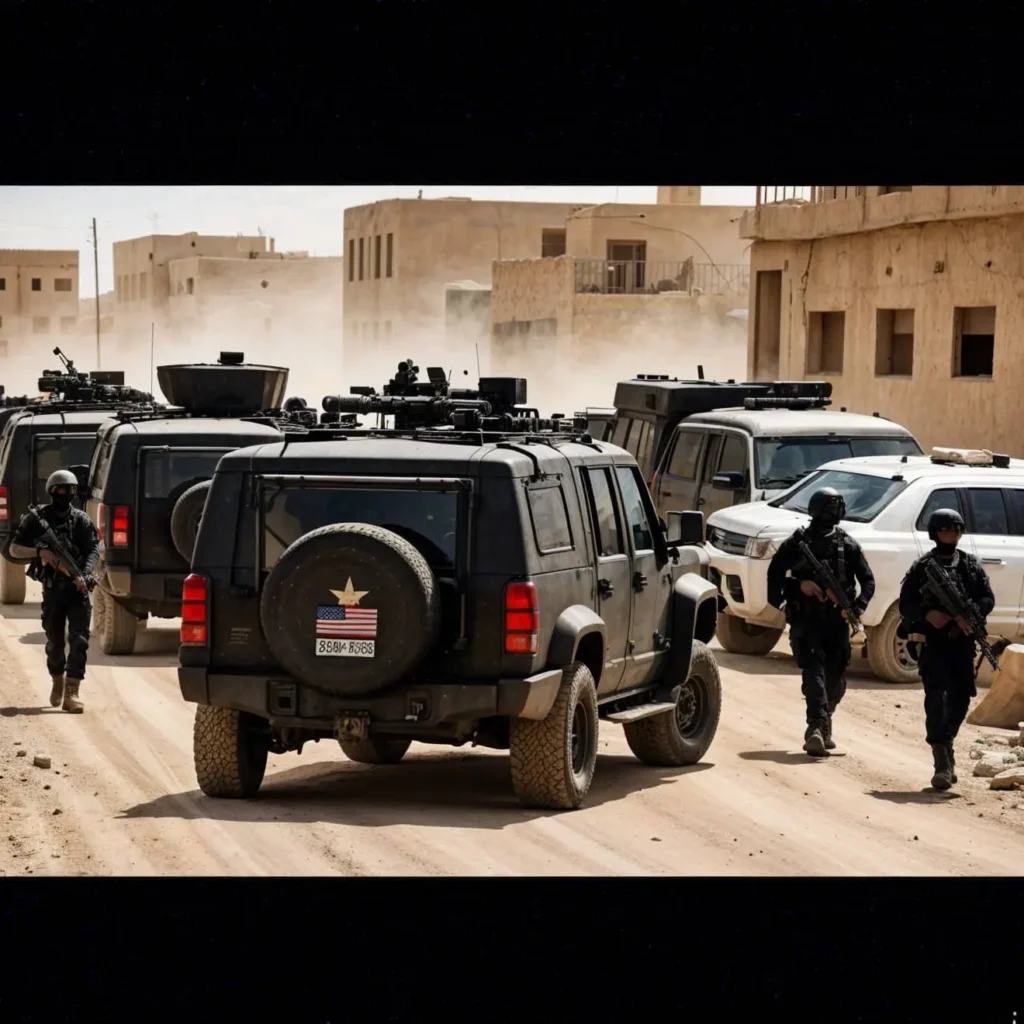
Key Components of Secure VIP Transportation
- Vehicle Selection: Vehicles used for VIP transportation must be highly armored and equipped with advanced security features such as bulletproof glass, run-flat tires, and counter-IED systems.
- Escort Teams: Trained and experienced security personnel should accompany VIPs in armored vehicles. These escorts must be equipped with firearms, non-lethal weapons, and communication devices.
- Route Planning: Careful route planning is essential to avoid known danger zones and potential ambush points. Intelligence gathering and real-time monitoring of the situation can help identify safe routes.
- Counter-Surveillance Measures: VIPs must be protected from surveillance by adversaries. This includes using counter-surveillance techniques and minimizing their digital footprint.
- Emergency Response Plans: Contingency plans should be in place to deal with various threats, such as attacks, medical emergencies, or hostage situations.
Importance of Secure VIP Transportation
- Protecting Key Figures: Secure VIP transportation ensures the safety of individuals who play critical roles in conflict resolution, humanitarian aid, and governance.
- Maintaining Stability: The protection of VIPs can help maintain stability and prevent further escalation of violence.
- Facilitating Peace Processes: Secure transportation allows diplomats and negotiators to travel safely, facilitating peace talks and negotiations.
- Safeguarding Humanitarian Aid: Protecting humanitarian workers and supplies ensures that vital assistance reaches vulnerable populations.
In conclusion, secure VIP transportation is a critical aspect of operations in war-affected areas. It involves a complex interplay of vehicle selection, escort teams, route planning, counter-surveillance measures, and emergency response. By investing in robust security measures, organizations can protect key individuals and contribute to the stability and well-being of conflict-ridden regions.

